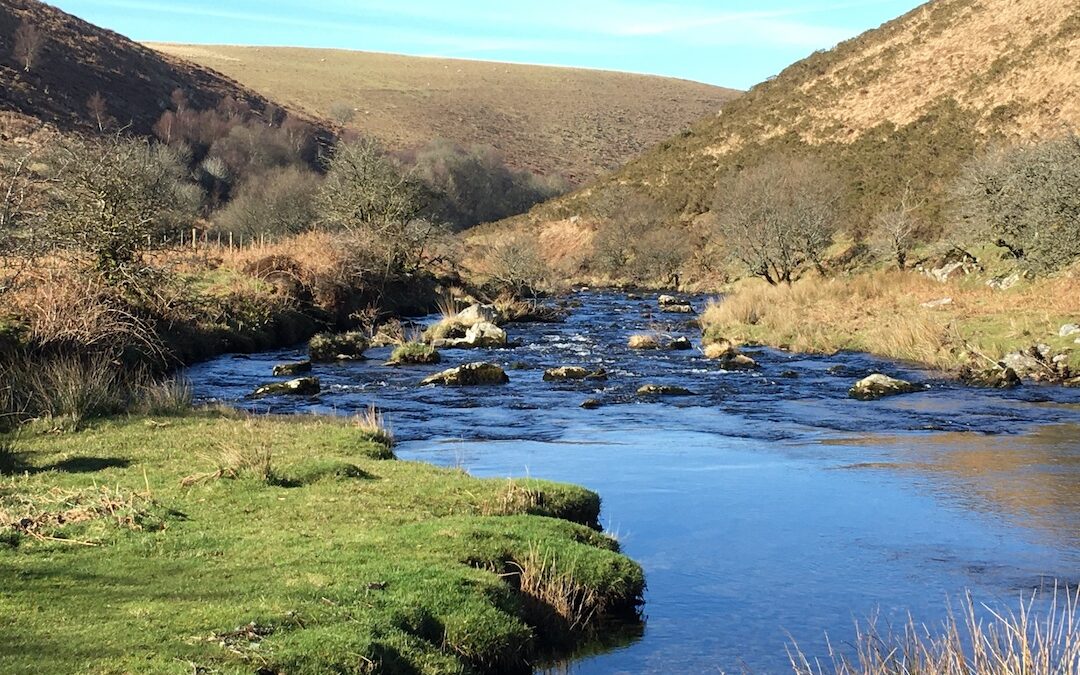We can all take actions either to improve the environment around us or make it worse. There is a lot of information available that shows us how to minimise negative impacts such as pollution and make positive steps such as making gardens or parks welcoming places for wildlife. We can give money to organisations that have a good track record of improving the habitats for which they are responsible.
In terms of stopping the climate from changing, there are no actions that any of us can do that can have an objectively measurable effect. Even if the whole of the UK returned to the stone age tomorrow, the effect of this on the global climate would be negligible compared to the increase in industrial activity in China every week.
Many react to such a realisation with despair. Many others argue that we are facing such an emergency with the climate that normal human rights such as freedom of expression should be suspended, and authoritarian powers given to governments and international bodies to deal with the crisis.
It is understandable that the environment affects our emotions almost more strongly than anything else. It engages our subjective thinking in a huge way. There is nothing wrong with that in itself.
But if we want to understand what are the effects of the possible actions open to us it becomes essential to engage our objective thinking.
Otherwise there is a very real and demonstrable danger that we might cause more harm than good.
When we renovated an old barn ten years ago we did what we could to make it ‘green’. We put the best possible insulation into the walls, floor and roof, installed a biomass heating system and placed solar PV panels on the roof.
At the time I accepted that ‘consensus’ that we faced runaway global warming. It was widely predicted that we might not have snow again in southern England in our lifetimes.
I spend a lot of time cutting up and stacking waste wood from a local saw mill to feed into our biomass boiler. When the weather is mild, it may only need feeding once a day. But in a very cold spell with snow on the ground and sub zero temperatures, I have to go outside every few hours.
Against the confident predictions that we would have no more snow, the reality has been that we have had four of the coldest spells of my lifetime. Of course, this could just be localised weather, maybe other countries are experiencing runaway warming? But in the winters of 2013/14 and 2018/19 North America experienced two of the coldest winters for 100 years.
Normally, when a scientist makes a confident prediction and the opposite turns out to happen, they feel some embarrassment. But that is not what seemed to happen. Instead, the language changed. Talk of ‘global warming’ was dropped in favour of ‘climate change’.
Surprisingly, most of the mainstream media did not think that this change of language needed any investigation or questioning. It has since been argued that very cold weather could be evidence of climate change. In fact, any weather situation can be claimed as evidence of climate change!
Since then I have looked for the empirical evidence that CO2 is the main driver of climate change. I expected that this evidence would be easy to come by. Surely governments would not embark on policies costing trillions unless they were fully convinced by the underlying science? However after seven years I am still looking.
When I shared some of my new doubts with a friend, I was asked if I had ‘become a climate change denier?’ This phrase is a deliberate echo of ‘holocaust denier’, used for people who deny the overwhelming historic evidence of the Nazis’ industrialized mass murder of Jews.
One of the things that prompted me to look deeper into climate science was my knowledge of some very basic biology. Carbon Dioxide is, along with Oxygen, essential for all life on earth. Through photosynthesis green plants take in CO2 from the air and combine it with water to make sugars (i.e. to grow).
One predicted impact of higher CO2 levels is a worldwide increase in plant growth. Recent research has shown that this is indeed happening. The overall quantity of biomass is currently growing.
Of course the measurable benefits of increased CO2 need to be weighed up against any potential risks. Yet many vocal campaigners for ‘decarbonising the world’ seem totally unaware of the underlying biology, or even the fact that all life on earth is carbon-based.
CO2 is a trace gas in the atmosphere at about 0.04% (400 ppm). At half that level, i.e. below 0.02%, plants would not grow and there would be no life on earth. Some botanists say that levels of about 0.2% would be optimal (5 times the current levels). Commercial greenhouses pump in extra CO2 to greater than that level.
One such Botanist, the late Professor David Bellamy, used to be a popular children’s TV presenter. But when he pointed out the simple botanical fact that more CO2 is good for plant growth, and said that in his opinion the idea that CO2 was the main driver of climate change was ‘poppycock’, he was effectively banned from appearing on national television stations, thus ending his career.
Bellamy may or may not have been right. At some point in the future we may well harness abundant energy sources that do not produce CO2, such as Nuclear Fusion. Then we will be able to see if the climate stops changing or else continues according to other, natural cycles that will be better understood in the future.
The question is, can it ever be right to ban people from expressing views on matters of Science?

